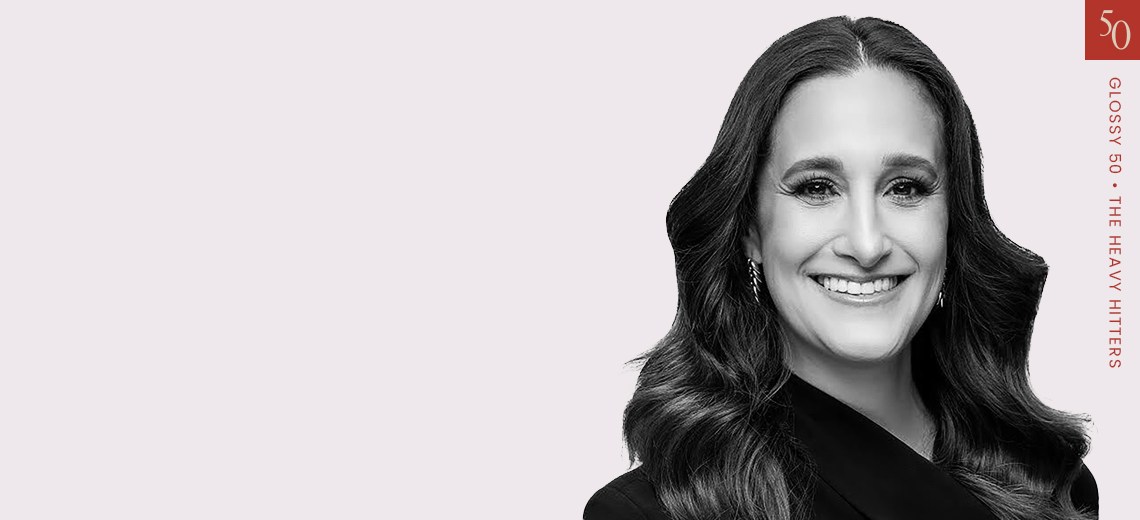The Glossy 50 honors the year’s biggest changemakers across fashion and beauty. More from the series →
The Heavy Hitters: These fierce competitors made moves to go up against leaders of thriving markets.
Ulta Beauty is competing for the luxury consumer.
In February, the retailer rolled out a luxury assortment under the helm of svp of merchandising Maria Salcedo. It features prestige brands like Chanel, Hourglass, Dior and Natasha Denona, and it’s available online as well as in 200 Ulta stores nationwide. Before, Ulta carried some luxury fragrances, but this expansion into luxury beauty and skin care marks an increased effort to gain loyalty from Gen Z consumers who are new to the luxury category. According to NielsenIQ data, 61% of Gen-Z consumers are buying luxury beauty products, and the demo is currently outspending millennials on luxury skin-care and hair-care products.
As part of its luxury initiative, Ulta also launched a handful of luxury brands that are exclusive to the retailer. In May, it exclusively launched Jennifer Aniston’s hair-care brand, LolaVie. Three months later, it became the sole retailer of Rabanne makeup and beauty brand Half Magic — the latter was founded by “Euphoria” makeup lead Donni Davy.
“Ulta Beauty is always on a conquest to bring the best of beauty to our guests,” Salcedo said.
With its luxury push, Ulta hopes to become an entry point for new luxury consumers. Salcedo said, thanks to being intentional when choosing the category’s store locations and product assortment, the launch “exceeded our initial [sales] expectations.” She added, “[The customers] who shop these doors add products from the [luxury] assortment to their bag. They don’t do it in substitution or as a replacement for something they used to purchase, but they do it in addition. That has helped lift the overall volume of sales in the stores [selected] and the average spend of their guests.”
“Going into luxury, we knew the category was going to be [offered in] a smaller subset of our [1,350] stores. We wanted those stores to stand for what this concept was going to be, while still offering product availability and a distinct experience online,” Salcedo said. For now, she added, the plan is not to sell luxury in all stores, but instead to focus on providing a luxury experience in the current doors.
Salcedo declined to share revenue linked to the new luxury category. However, a week after its launch, Ulta reported that its annual revenue, in 2022, surpassed $10 billion for the first time in its 33-year history. And in its third-quarter 2023 earnings report, released in November, Ulta revealed net sales for the quarter of $2.5 billion, up 6.4% year-over-year.
With the retailer’s current momentum, Salcedo said the team is hard at work thinking about what’s next for the luxury category.
“We want to continue to grow what we launched this year, so there are going to be some evolutions,” she said. For example, soon, the assortment will be better identified within the store, and the luxury aisles will be “a distinct experience within the total expression of the store experience.”
Click here to see all 2023 Glossy 50 honorees.




